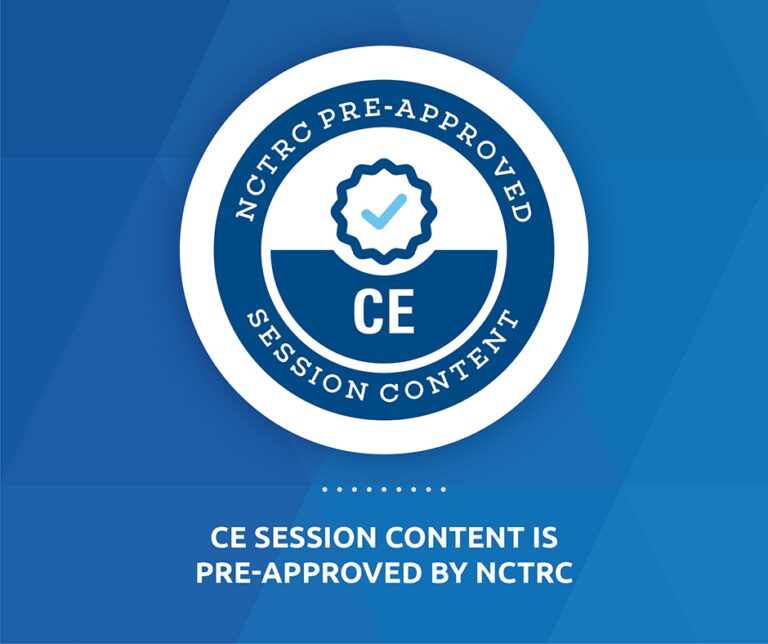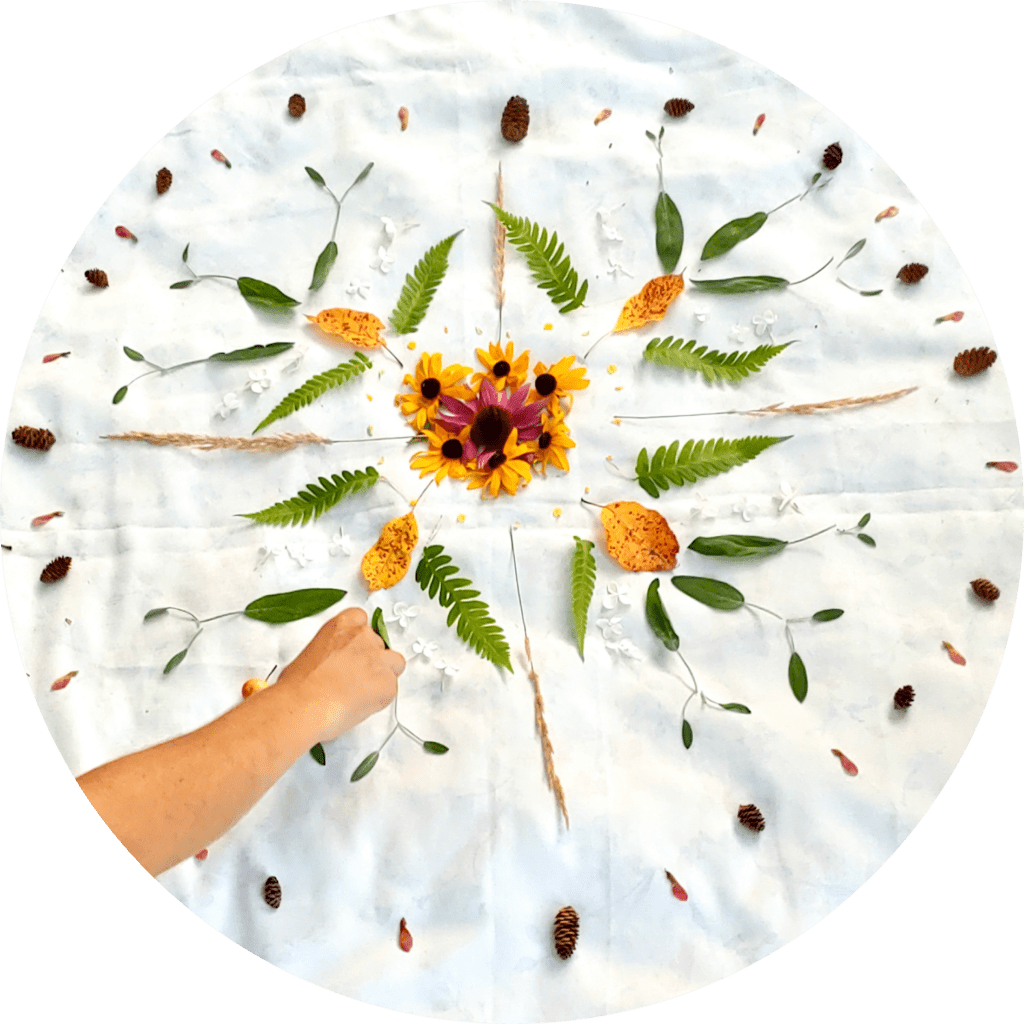Intro to Therapeutic Horticulture for Children & Youth Course
Course Summary
Root in Nature’s virtual, self-paced Intro to Therapeutic Horticulture for Children & Youth course provides an overview of the principles and practices of therapeutic horticulture, including the physical, social and psychological benefits of working with plants.
Tailored for professionals working with children and youth, this course offers population-specific insights, best practices and adaptations for integrating plants, gardening and nature into your work. It is designed to empower educators, therapists and other youth leaders with specific techniques and tools to enhance the well-being of children and youth through therapeutic horticulture.
This course be completed in 4 – 8 hours and graduates will obtain a certificate and digital badge as a Therapeutic Horticulture Ally.


Join our Founder & CEO Alexis for a live 30 minute Information Session on therapeutic horticulture and the Intro to Therapeutic Horticulture Course. One attendee will win a 50% off coupon code! Our next session is on: November 28 @ 12:30 PM ET
If you’d like to watch a recorded information session now, click the link below.


*Content is CE pre-approved by NCTRC for 8 hours as well as approved for PCC’s with TRO. This course is Canadian Horticultural Therapy Association (CHTA) approved and worth .03 points towards registration.
Course Fees
$229 USD
$179 USD for students and HT/TH volunteers
This course includes:
- 5 Lessons
- 63 Topics
- 5 Quizzes
- Primarily video content
- Course Manual
- Course Certificate with the title of Therapeutic Horticulture Ally
- Digital Badge
- CE Credits*
*Content is CE pre-approved by NCTRC for 8 hours as well as approved for PCC’s with TRO. This course is Canadian Horticultural Therapy Association (CHTA) approved and worth .03 points towards registration.

Join our Founder & CEO, Alexis, for a 20-minute Information Session to discover the transformative potential of therapeutic horticulture and gain insights into our Intro to Therapeutic Horticulture Course.

We love hearing from you!
Meet Your Instructor

Katie McGillivray, HTR
Katie (she/her) is a Registered Horticultural Therapist (HTR) and a member of the Canadian Horticultural Therapy Association. A strong advocate of asset-based community development and reflective practice, Katie has been supporting therapeutic horticulture projects and programs for a wide variety of populations since 2014.
Katie completed her horticultural therapy certificate with Ann Kent and was proud to “build her own degree” in therapeutic horticulture, completing a minor in counselling and majoring in general studies, focusing on courses in horticulture, agriculture, psychology and research. Katie is passionate about increasing access to therapeutic horticulture in communities and facilitates regular in-person and virtual sessions. Her approach is collaborative, client-centred and strengths-based.
Katie is also a major foodie and her work in therapeutic horticulture often intersects with community food security and food justice work. When not in the garden, Katie loves cooking, entertaining and paddle boarding.
Guest Speakers

Myriah Graham
Artist, Indigenous Healer

Chadwick Lewis
Owner & General Manager, Urban Fresh Produce

Matthew Johnson
Owner & Operator, Three Rabbit Farms

Sarah Shapiro HTR
Horticultural Therapist Lead, Root in Nature

Angie Girdham
Horticulturalist & Horticultural Therapist

Lynn Leach HTR
Horticultural Therapist & Landscape Designer, Bird’s Foot Design Studio

Daniela Silva-Rodriguez Bonazzi
Biologist & Horticultural Therapist
Benefits for Children & Youth
Benefits for Course Students
Specialized Knowledge
The Intro to Therapeutic Horticulture course provides specialized knowledge and skills related to using plants, gardening, and nature as therapeutic tools, which helps educators and youth leaders incorporate this into their teachings.
Professional Development
Training in therapeutic horticulture can be a valuable form of professional development which enhances skills and knowledge. You will receive the digital badge pictured below.
Expanded Education Options
Through this course, educators can expand the range of teaching options they can offer their students and can provide children & youth with unique and effective learning experiences.
Improved Student Outcomes
Therapeutic horticulture has been shown to improve a range of outcomes for children, including mental health, physical health, and overall well-being. Educators can learn how to effectively use horticulture to improve their students’ outcomes.
FAQs
Yes – we have an Advancing Skills in Therapeutic Horticulture course available here. Upon meeting the outlined criteria, this course culminates in the awarding of the title Certified Therapeutic Horticulture Facilitator – CTHF™.
Yes, this session content is CE pre-approved by NCTRC for 8 hours and approved for PCC’s with TRO
When you complete the course you will receive a certificate and will be able to describe yourself as a Therapeutic Horticulture Ally. This course does not certify you to become a horticultural therapist or horticultural therapy practitioner.
Yes – please visit our For Organizations or For Educators pages for corporate group rates, or contact us at courses@rootinnature.ca.
Yes, Root in Nature is committed to enabling accessibility to its courses and community to all who share our passion for connecting people with plants and nature. We provide up to five reduced rate, 50% discount spots in our course each quarter to individuals whose financial circumstances are a barrier to enrolment.
If you would like to access one of these spots, please fill in this form. You will be contacted by the end of each quarter with the results of your application (end of March, June, September and December).
Yes! Both the course and the community have significantly reduced rates for students and HT/ TH program volunteers.
We were hoping to have a Canadian price and an US price. However, our software (MemberPress) is only able to process one currency. Since the course is offered internationally, and the US dollar is widely recognized worldwide, we chose that currency and set the price at the US dollar equivalent of our intended Canadian price.
Yes – if you train a member of your team who leaves within one year of completing the course, we will offer the course to their replacement free of charge.

Join the Community
Benefits for Clients
Benefits for Clients
Practitioners can benefit from using plants and nature in their therapeutic approach in several ways:
- Enhancing the environment: Plants and nature create a calming and relaxing environment that can promote wellness and enhance the overall atmosphere of a therapy session.
- Reducing stress: Exposure to plants and nature has been shown to reduce stress and anxiety levels, which is beneficial for individuals who are experiencing mental health conditions or chronic illnesses.
- Improving physical health: Spending time in nature and around plants can promote physical activity and exercise. Recreation therapists can incorporate therapeutic horticulture activities into their therapy sessions to promote physical health.
- Boosting mood: Being in nature and around plants can boost mood and help individuals feel more positive and optimistic. This can be especially helpful for individuals who are experiencing depression or other mood disorders.
- Promoting social connections: Group therapeutic horticulture sessions can provide opportunities for social interaction and connection, as well as promote bonding and create a sense of community.
Benefits for Practitioners
Benefits for Practitioners
Practitioners such as recreation therapists may benefit from taking therapeutic horticulture training for several reasons:
- Specialized knowledge: Root in Nature’s training program provides specialized knowledge and skills related to using plants, gardening, and nature as therapeutic tools. This can help recreation therapists better understand the therapeutic benefits of horticulture and how to effectively incorporate it into their therapy sessions.
- Professional development: Training in therapeutic horticulture can be a valuable form of professional development for practitioners. It can enhance their skills and knowledge, making them more effective in their role as a therapist.
- Expanded therapy options: With therapeutic horticulture training, recreation therapists can expand the range of therapy options they can offer their clients. Incorporating plants and nature into their sessions can provide clients with unique and effective therapeutic experiences.
- Improved client outcomes: Horticultural therapy has been shown to be effective in improving a range of outcomes for clients, including mental health, physical health, and overall quality of life. By taking Root in Nature’s training, recreation therapists can learn how to effectively use horticulture to improve their clients' outcomes.

